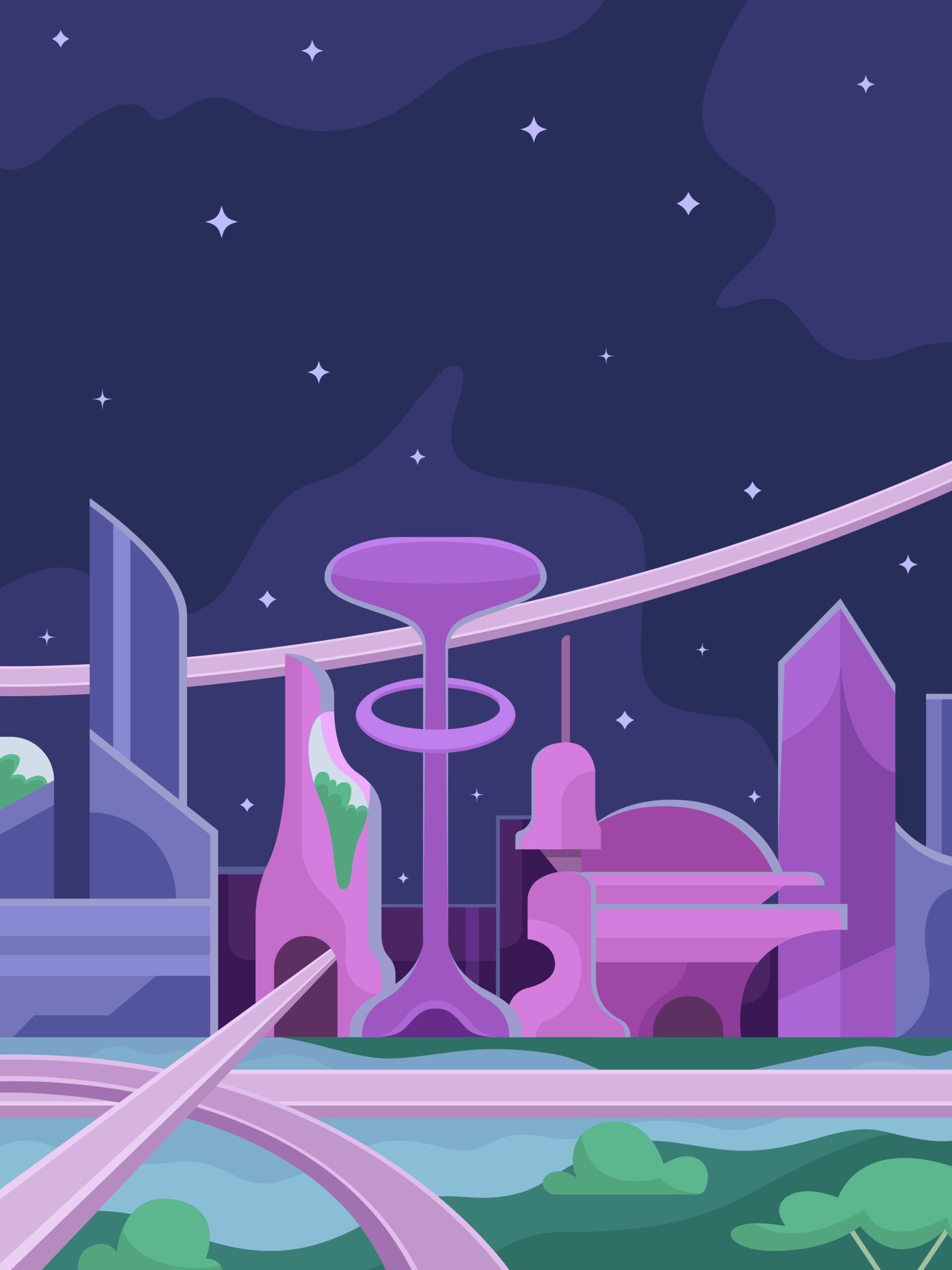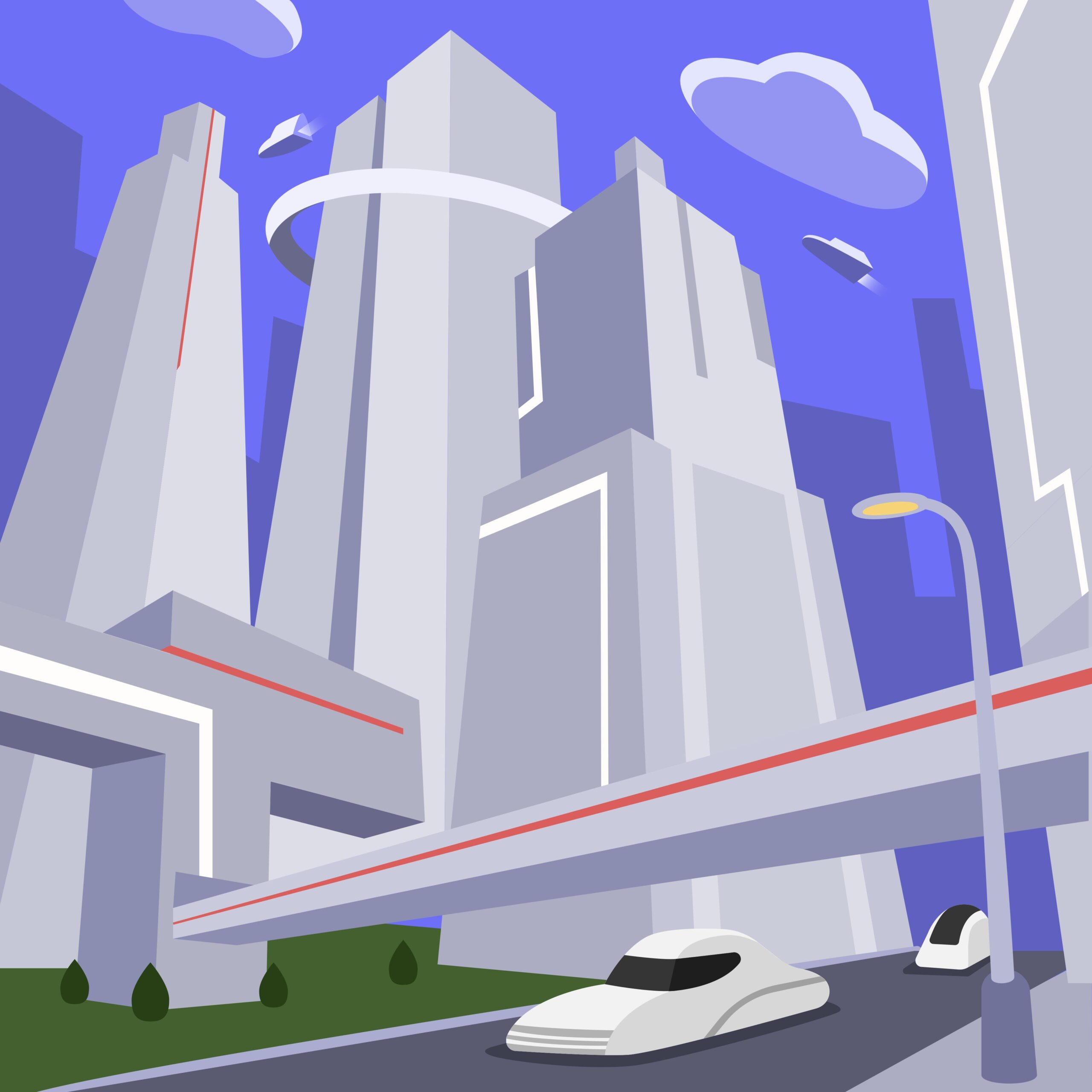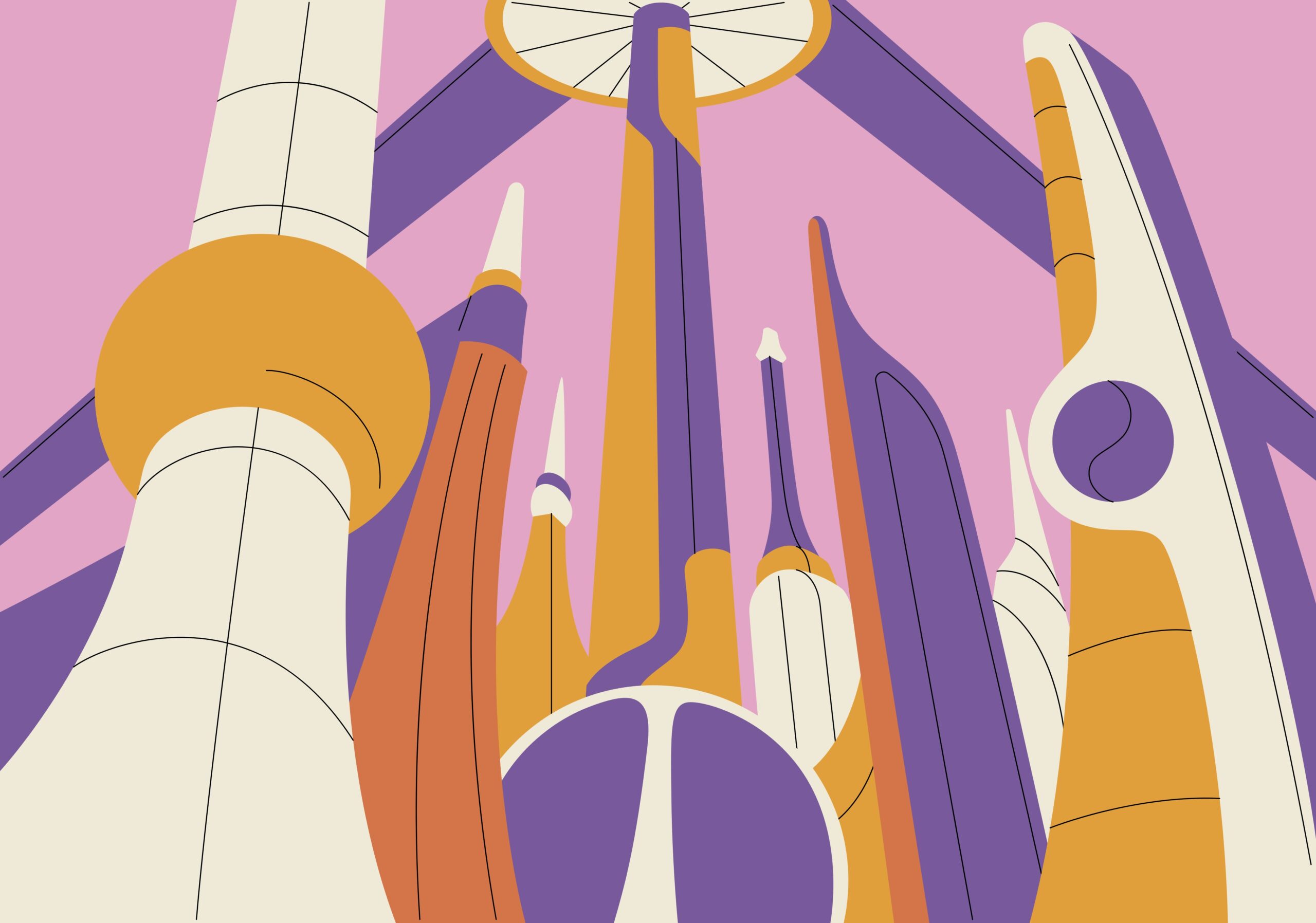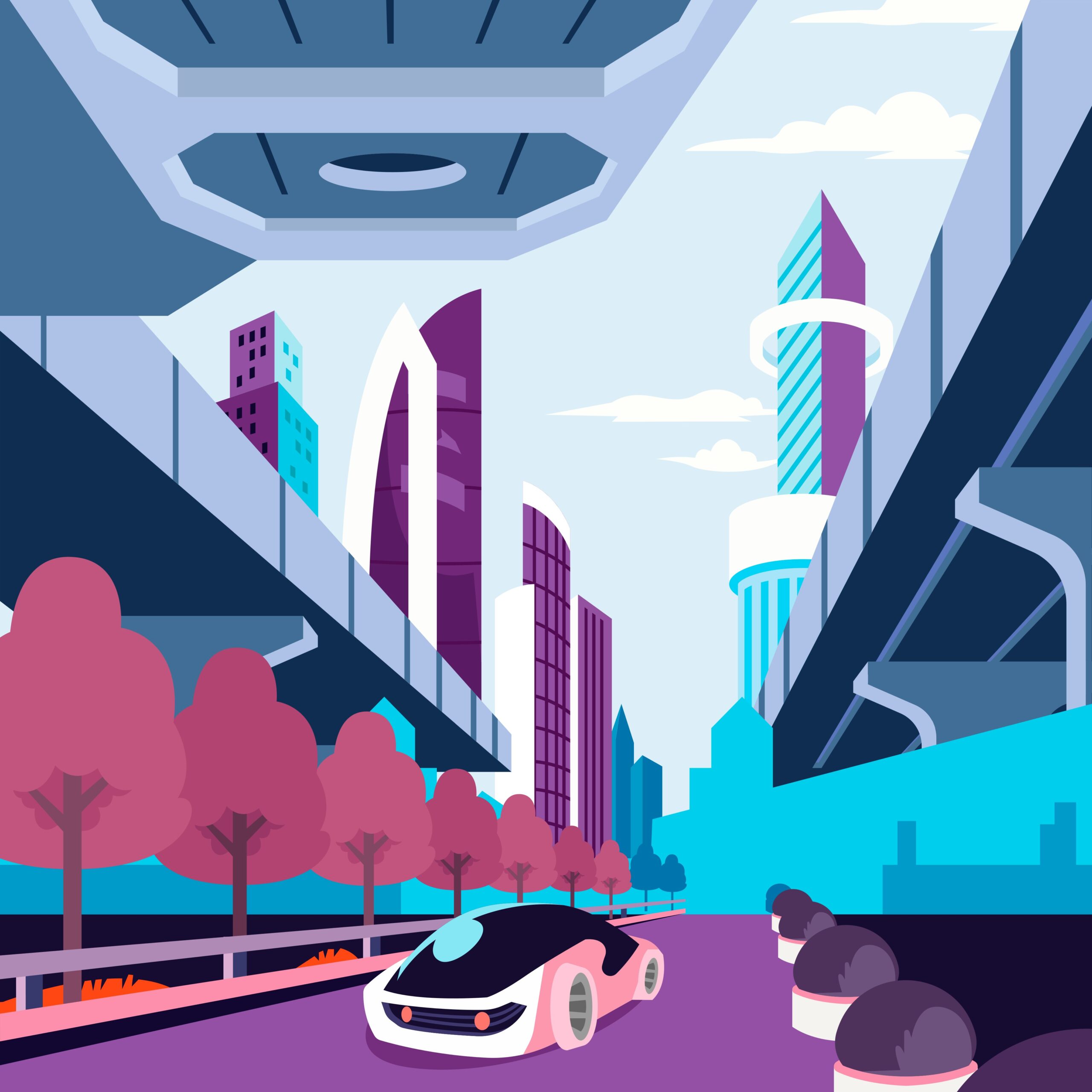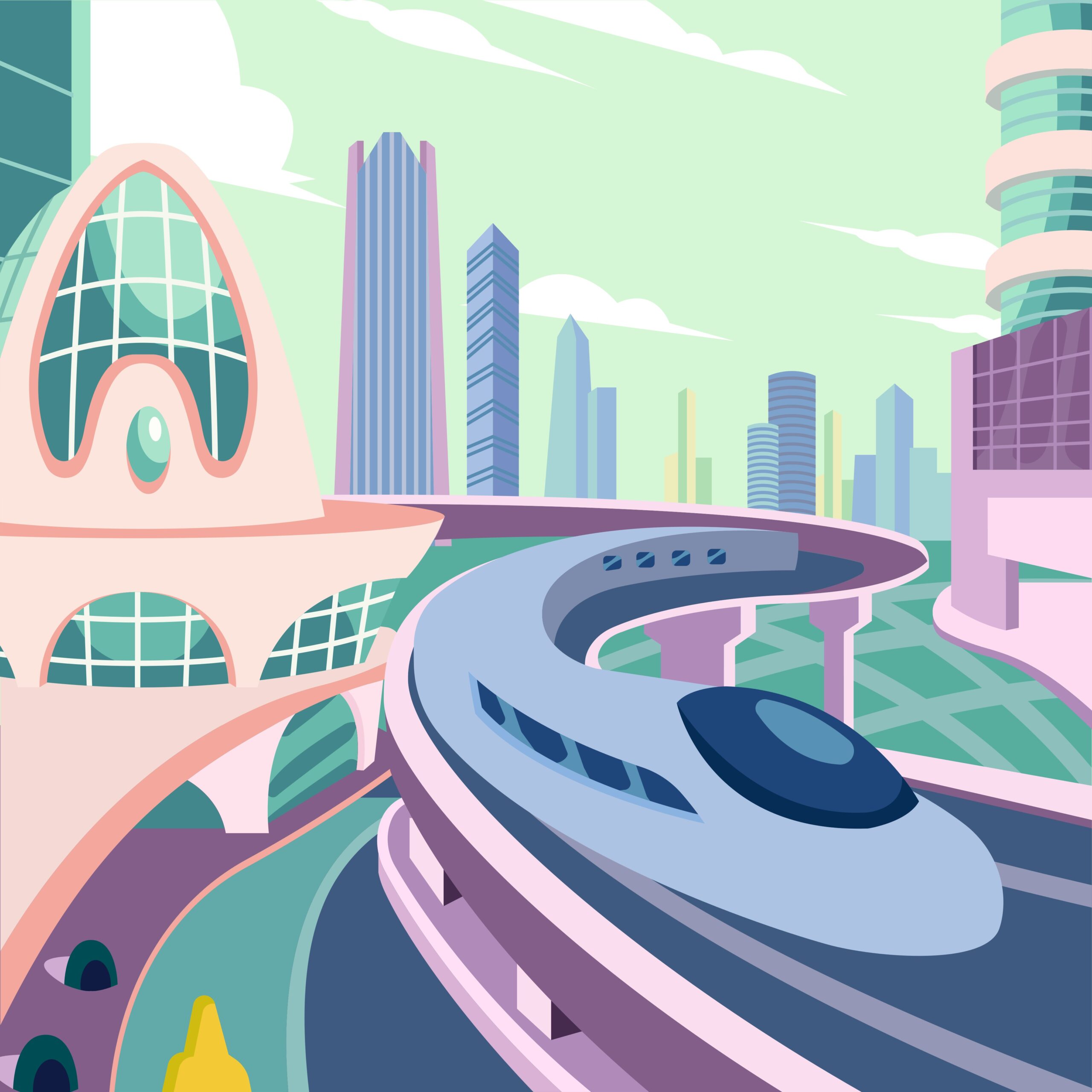 Beatmaking with AI
Beatmaking with AI I made the Intro on my own, AI created the melody on top of it, then I replayed the melody using my own instrument. Now who owns the beat?
Ownership depends on these factors:Intro: The intro is your original work and under your copyright.AI Melody: Ownership ...




